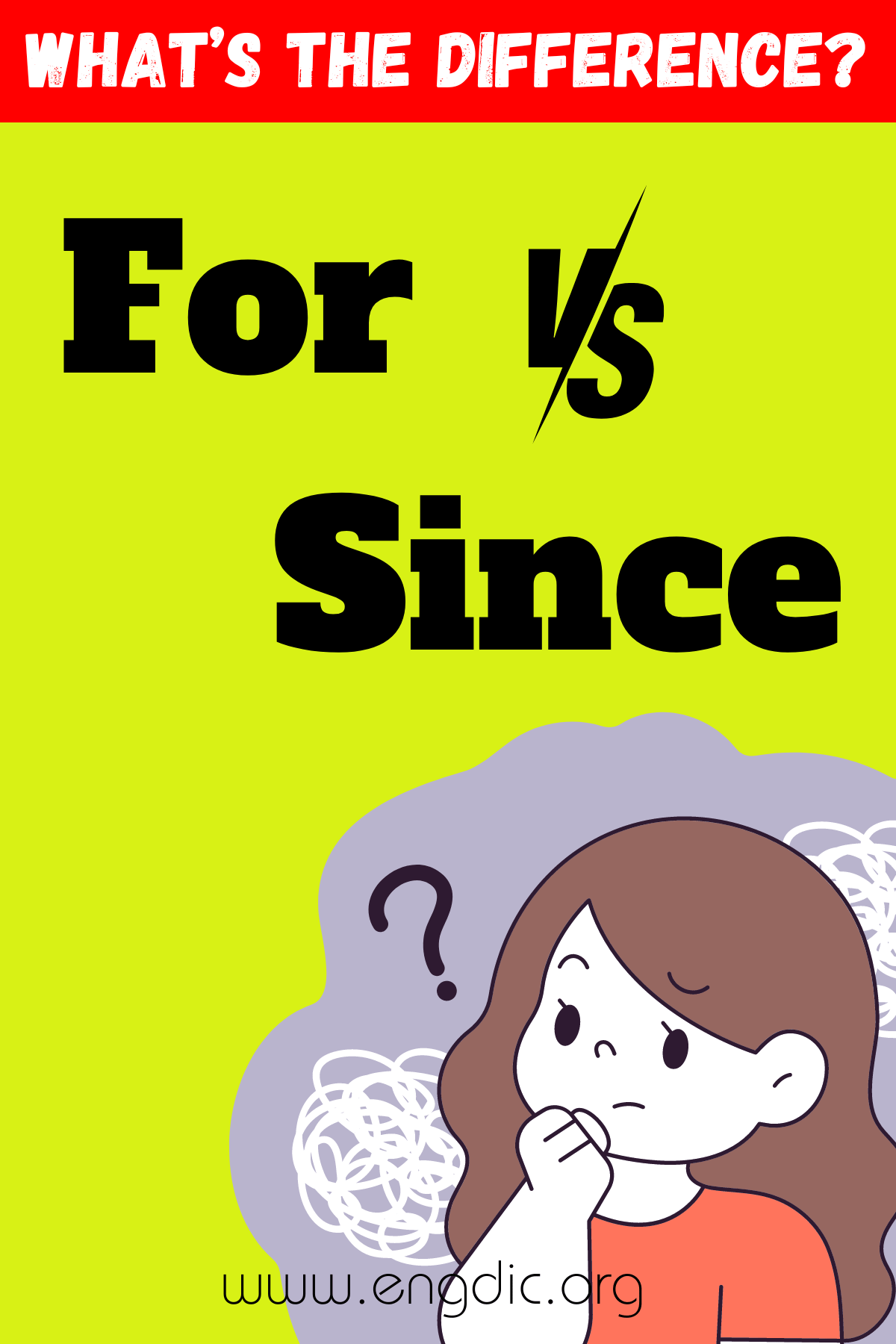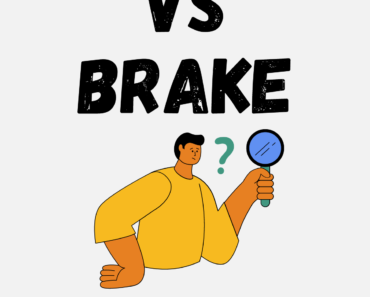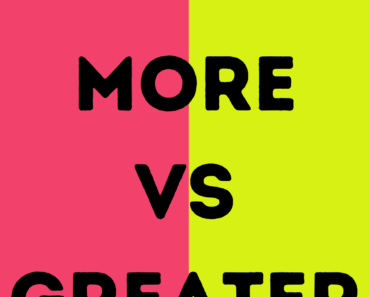The words “for” and “since” are commonly used in English to denote periods of time, but their uses are distinct and specific.
“For” is used to describe the duration of an event, indicating how long something has been happening. It can apply to both past and future activities. On the other hand, “since” refers to the starting point of an event or action that continues into the present. It links a past moment to the current moment, showing continuity.
Definition and Usage of “For”
Definition: “For” is a preposition used to indicate the duration of time that something has been happening or will happen.
Usage and Examples:
- Duration: “For” is used when stating the length of time an activity lasts.
- Example: “She lived in Paris for three years.”
- Favor or Support: It can also express being in favor of or supporting something.
- Example: “I am all for innovation in education.”
- Purpose or Reason: Indicates the purpose of an action or the reason something is done.
- Example: “He goes to the gym for his health.”
Definition and Usage of “Since”
Definition: “Since” is a preposition (or conjunction) used to indicate the point in time when something started or an event occurred, continuing to the present.
Usage and Examples:
- Starting Point: “Since” specifies when an action or event began, often used with perfect tenses.
- Example: “He has been the manager since January.”
- Reason or Cause: It can also mean considering that something is the case.
- Example: “Since you are not ready, we will leave without you.”
- In Sentences: Often used to introduce clauses, especially with perfect aspect verbs.
- Example: “Since arriving in New York, she has visited the Statue of Liberty.”
By understanding these nuances, you can more accurately use “for” and “since” to express time relations and causality in your sentences.







